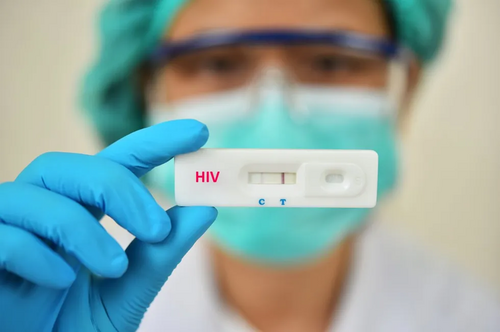Fertility, Hormone Therapy, Sexual Health / 01.11.2024
Understanding Birth Control Side Effects: What to Expect and How to Manage Them
Birth control or medical contraception is used for a variety of reasons, but its main role is to prevent unwanted pregnancies. There are many different types of birth control, so their function and ingredients vary. In general, they usually affect your hormones to make you unable to conceive 99% of the time. Birth control is also used to regulate hormonal imbalances, stop menstruation, or alleviate symptoms of conditions like polycystic ovarian syndrome (PCOS). Like any medication, birth control can come with some side effects, which may be mild for some and extreme for others. You and your doctor will factor in your health, medical history, potential side effects, and reproductive goals to figure out which birth control method is the best for your needs and body. When prescribed birth control, it’s important to understand common and uncommon side effects to avoid concerns and complications.
(more…)






 Sean M Hughes MA
Department of Obstetrics and Gynecology
University of Washington
Seattle, WA
MedicalResearch.com: What is the background for this study?
Response: Young women are at elevated risk of getting sexually transmitted infections at the age when they typically start to have sexual intercourse. It’s not known whether this elevated risk is a consequence of behavioral factors (such as choices around use of barrier protection), physiological factors (such as a difference in the immune system) or a combination of both. In this study, we investigated a physiological factor: the immune system in the vagina.
Sean M Hughes MA
Department of Obstetrics and Gynecology
University of Washington
Seattle, WA
MedicalResearch.com: What is the background for this study?
Response: Young women are at elevated risk of getting sexually transmitted infections at the age when they typically start to have sexual intercourse. It’s not known whether this elevated risk is a consequence of behavioral factors (such as choices around use of barrier protection), physiological factors (such as a difference in the immune system) or a combination of both. In this study, we investigated a physiological factor: the immune system in the vagina.



